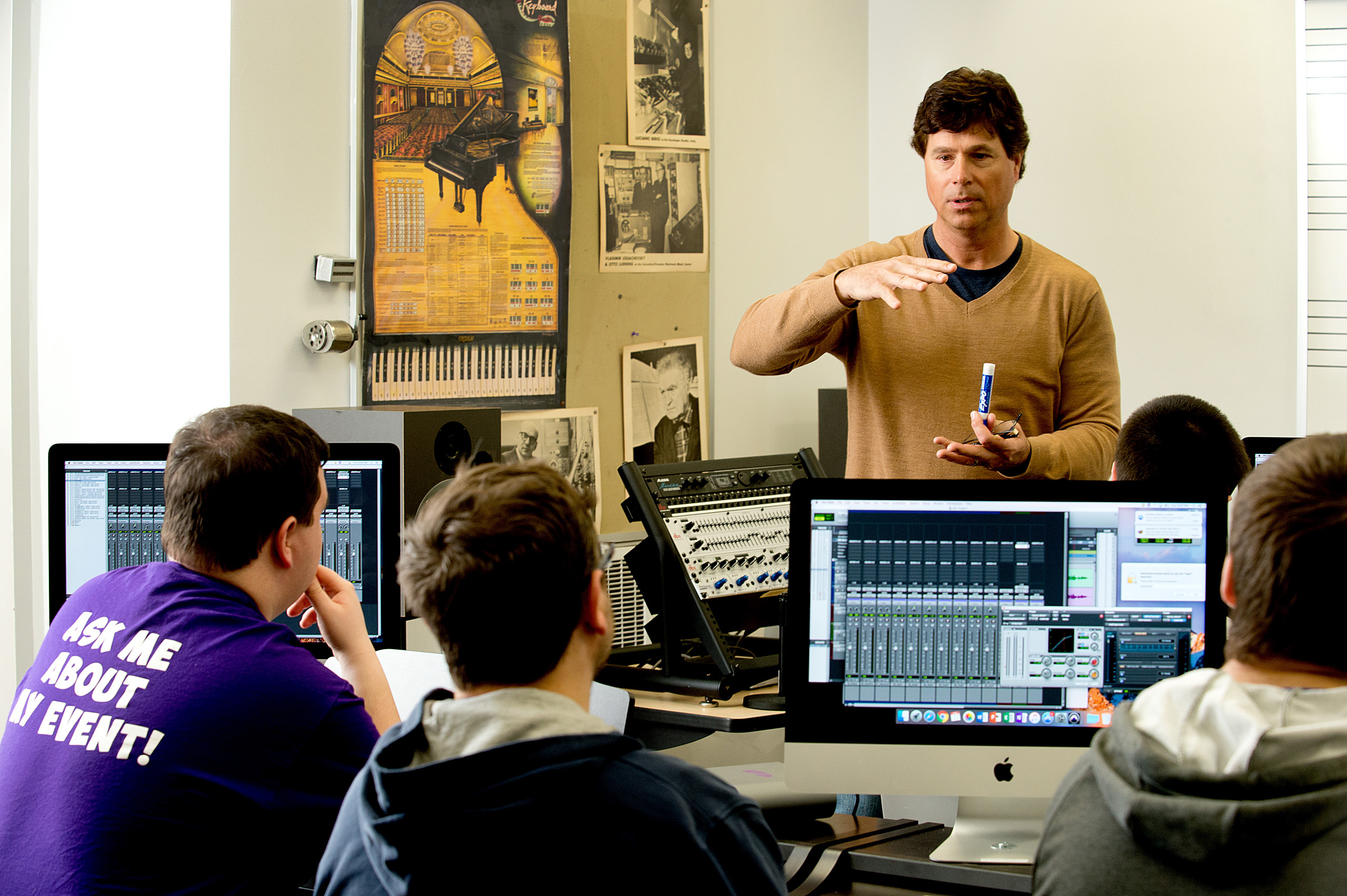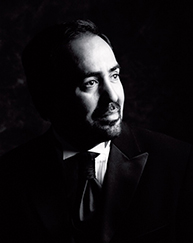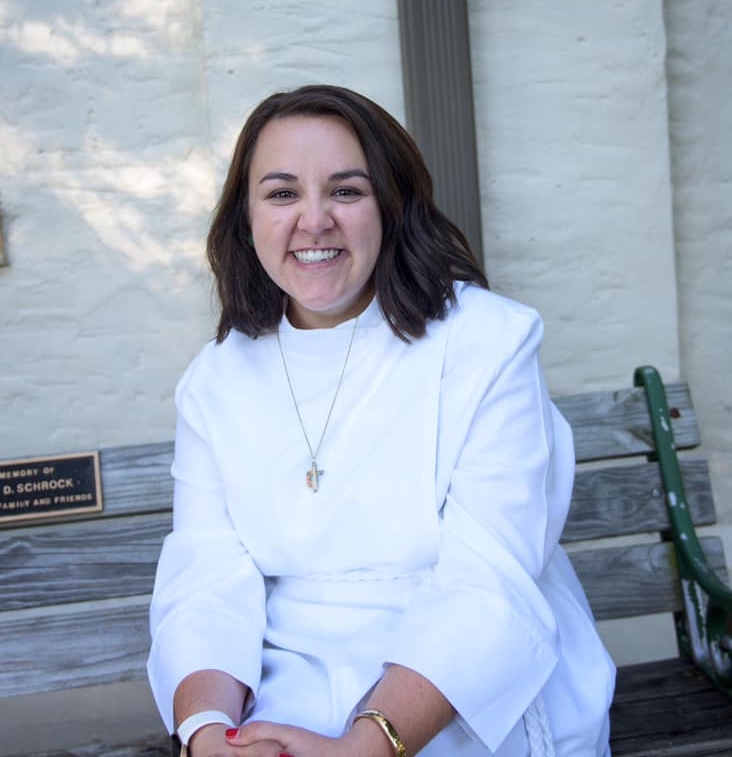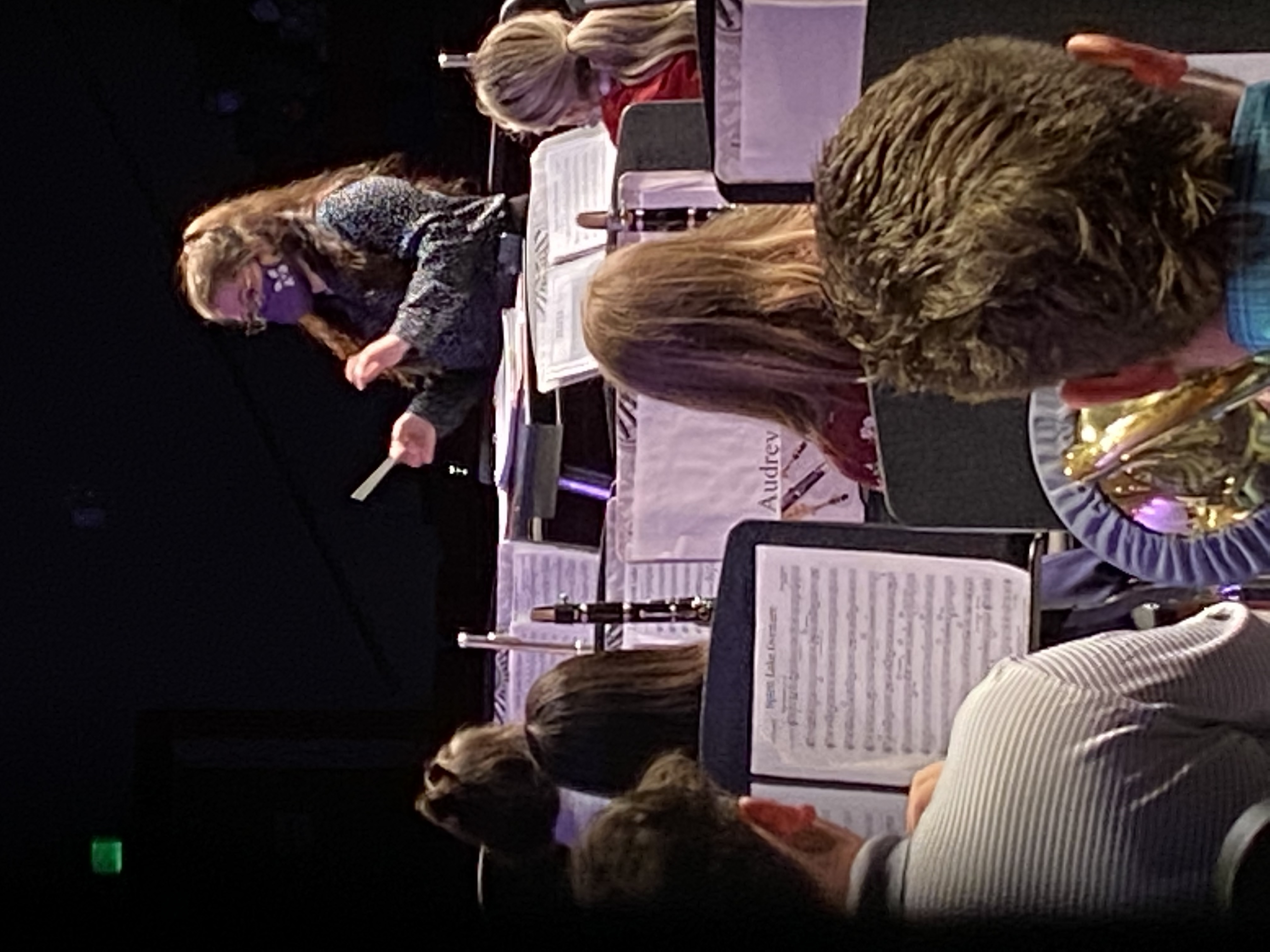Bachelor of Arts in Music Degree
Challenge yourself to grow not only as a musician, but as a human being with a Bachelor of Arts (B.A.) in music at Mount Union. We prepare you through diverse offerings, not only in the classroom or individual lessons but also through joint ensembles and groups. Along with our state-of-the-art facilities and faculty members who still perform professionally, you are prepared to succeed post-graduation.
About the Program
Create music with a program flexible enough to make your education meet your specific needs and passions. Our program provides you with the history, theory, basic musicianship and practical skills necessary to achieve a successful career in music. As a music major, you can choose from a wide variety of courses and ensembles, as well as participate in performance groups.
Music Quick Facts
The University of Mount Union Bachelor of Arts in music degree allows you to tailor your degree to meet your specific career goals. This sets us apart from large universities.
- 42-47 credit hours within the music program
- 32 credit hours in the well-rounded Integrative Core
- Student Showcases give students the chance to perform in front of an audience filled with faculty members, students, and other members of the Mount Union community.
- Join more than 15 performance groups including the Alliance Symphony Orchestra, the marching band, jazz band, the women’s chorus, repertory strings, and many more.
Performing Arts Auditions
Visual and Performing Arts scholarships are available to students who show exceptional talent in art, media, music or theatre. Scholarship amounts are based on an audition or portfolio review and interested students should schedule an audition and/or portfolio review or contact the Department of Performing Arts or the Department of Visual Arts and Media.
Learn more about the Degree in music
By adding a performance or composition concentration you will graduate with the equivalent of a Music Bachelor of Arts in Performance or Composition. The B.A. in music without a concentration can be combined with a host of other degrees and minors to target a specific career path.
-
Curriculum
Music CurriculumAs a music major at the University of Mount Union, you will study the history, theory, basic musicianship and practical skills in music. As you pursue your Bachelor of Arts degree in music, you will be provided with the opportunity to choose from a wide variety of courses and ensembles, from jazz band to keyboard ensemble, as well as participate in a musical performance group such as wind ensemble, orchestra or choir.
Review the Undergraduate Catalog to learn more.
-
Learning Objectives
Our degree in music teaches you:- Composition and Improvisation: Students will acquire the ability to compose and/or improvise at a basic level in one or more musical languages.
- Cultural and Historical Awareness and Context: Students will become aware of diverse cultures, develop curiosity about American society and about other societies and art, and will acquire the ability to place music, including the music of various cultures of the world, repertoires beyond the area of specialization, and music of their own time, in historical, cultural, and stylistic contexts.
- Elements and Organizational Patterns of Music: Students will acquire an understanding of the common elements and organizational patterns of music and their interaction, and the ability to demonstrate this understanding in aural, verbal, and visual analysis.
- Historic and Stylistic Performance Practices: Students will demonstrate a working knowledge of appropriate historical and stylistic performance practices.
- Independent and Cooperative Problem Solving: Students will work independently and cooperatively on a variety of musical problems by combining their capabilities in performance; aural, verbal, and visual analysis; composition and improvisation; and history and repertoire.
- Keyboard Competency: Students will acquire keyboard competency.
- Knowledge of the Profession: Students will understand basic interrelationships and interdependencies among the various professions and activities that constitute the musical enterprise.
- Leadership and Collaborative Work: Students will acquire knowledge and skills sufficient to work as leaders and in collaboration on matters of musical interpretation, including rehearsal and conducting skills as appropriate to the particular music specialization and degree program.
- Lifelong Learning: Students will develop skills to become lifelong learners in musical art, both as participants and as audience members.
- Musical Form, Processes, and Structures: Students will acquire a sufficient understanding of musical forms, processes, and structures to use this knowledge in compositional, performance, scholarly, pedagogical, and historical contexts, as appropriate to their specialization and degree program.
- Musical Value Judgments: Students will form and defend value judgments about music.
- Secondary Performance Area: Students will acquire experience in a secondary performance area.
- Technical and Musical Skill: Students will acquire technical skills requisite for artistic self-expression in at least one primary performance area at a level appropriate for the particular music specialization and degree program, including an overview understanding of the repertoire in the primary performance area, an ability to perform from a cross-section of that repertoire, the ability to read at sight with fluency, and the ability to perform in a variety of solo and ensemble settings.
- Technology: Students will acquire a basic overview understanding of how technology serves music and a working knowledge of technological developments applicable to their specialization and degree program.
-
Experiential Learning
Big Opportunities, Smaller Institution
The University of Mount Union offers large school opportunities but with the care and nurturing you find at a smaller institution. With five choirs, two bands, a symphony, and numerous other ensembles, you can build skills in what you love to do and establish yourself as an exceptional musician.
On-campus Out of Class LearningAs a student at Mount Union, you have ample opportunities to showcase your talents outside of the classroom. By getting involved in our many student ensembles, extracurricular opportunities and student organizations, you can strengthen your musical abilities and gain valuable performance experience.
- Student showcases are held on designated Thursdays at 11:15 a.m. and give students a chance to perform in front of an audience filled with faculty members, students and other members of the Mount Union community.
- Multiple bands, choirs, orchestral and small ensembles are available for students.
- Extracurricular opportunities include Gospel Choir and theatre productions as well as student organizations like Kappa Kappa Psi and Mu Phi Epsilon.
-
Careers
Careers in Music
Whether you dream of being a performer, composer, director, working on the business and promotional end of the industry or have aspirations of exploring a future in music technology, our music curriculum prepares you to fine-tune your music skills through numerous performance opportunities while studying the history and theory of the field.
Common CareersMusic Performer
Music Composer
Minister of Music
Pre-Music Therapy
Musical Theatre
Music and Computers
Music Business Owner
Arts Management -
Wellness for Musicians
Wellness for Musicians
Performing with correct technique is a rigorous experience. You need good physical, mental and spiritual strength and concentration. Begin now to assess your personal habits. Focus on being as strong as you can be. Work toward establishing good habits that will allow you to be a good performer. To reach this goal, please see the various links below.
Performing Arts Medicine Association
Vocal Wellness Links
-
Direct Admission
While completing the application for admission to the University of Mount Union, students wishing to major in music or music education should indicate one of those fields as their first academic interest. The application will then prompt students to answer the following questions:
Provide a description of your musical experiences including ensembles, private music lessons, and related musical activities.
Upload a reference letter from a music professional who can attest to your potential for success as a college music major (private vocal/instrumental teacher, ensemble, director, church musician, etc.)
Provide an essay addressing these questions.
- Why do you want to major in a music degree?
- What is your career goal as a musician? Why?
- What are your musical strengths and weaknesses?
Provide the repertoire you will perform at your on-site audition (must fulfill department repertoire requirements)
Applicants, please note that you will be notified by the Visual & Performing Arts (VPA) Office of your music audition date, during which you must complete an on-site audition experience, including:
Audition for the music faculty on your primary instrument—should be comprised of the repertoire you indicated on your application for admission into the music degrees above. Auditioning students will present a printed list of repertoire in person to the faculty hearing the audition. Auditioning students are encouraged to bring their own accompanist to the audition; if that is not possible, the department will provide an accompanist upon request (you must give four weeks of notice and provide the musical score to the department no later than three weeks before audition date).
Participate in an interview with the music faculty regarding musical and academic experience and goals.
Complete music theory, basic musicianship, and piano proficiency diagnostic tests. These tests are used for correct placement in the music curriculum course sequence and do not factor into the student’s admission to the music degrees.









